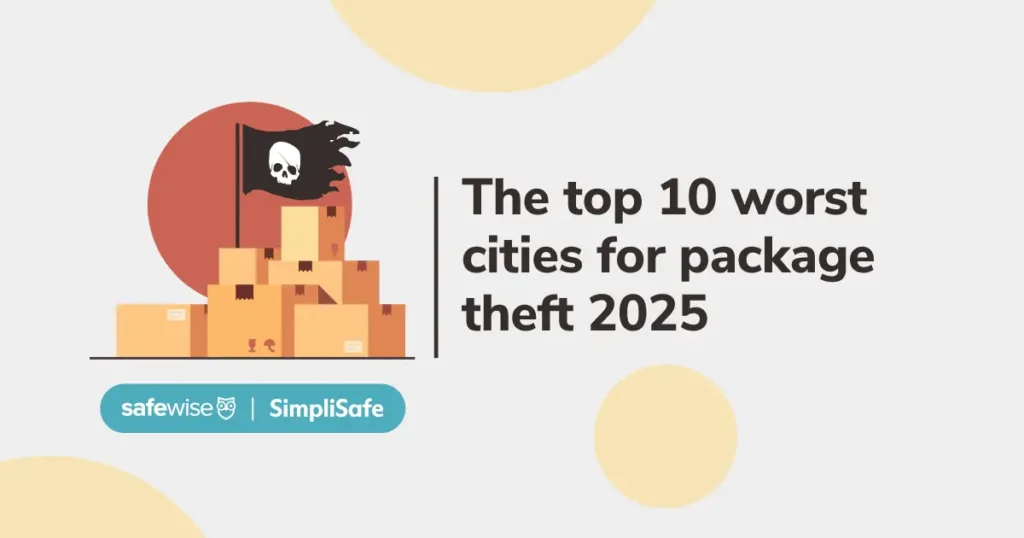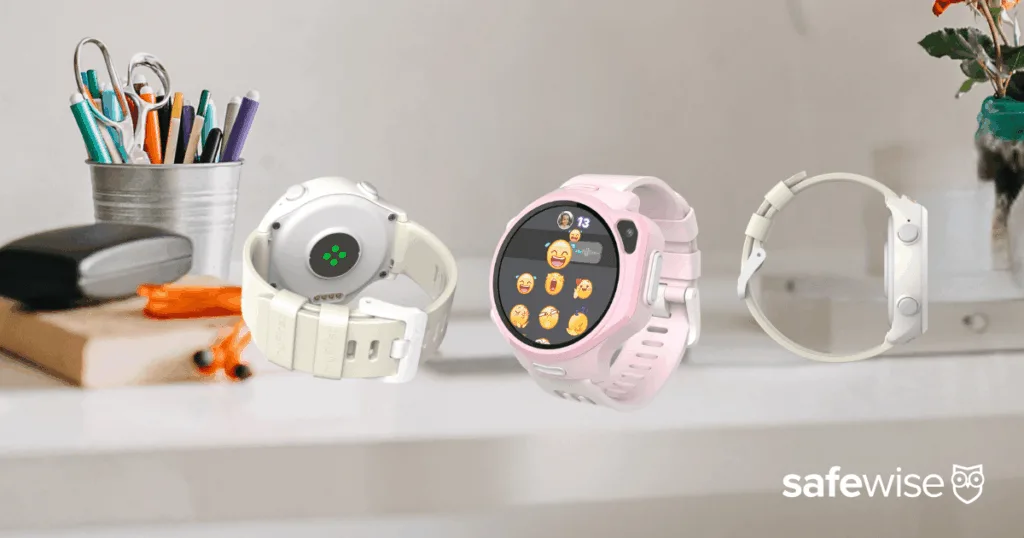There's also an automatic kill switch that instantly blocks access to the internet if you accidentally lose connection to the VPN tunnel. That means there's virtually no way you can inadvertently expose yourself online when NordVPN is on the job.
This VPN provider has a strict no-logging policy, so none of your data remains on the VPN when it's inactive. Plus, NordVPN's location in Panama ensures that surveillance agencies can't access your information, even if your data somehow leaves a trail.
NordVPN came in second for speed and streaming in our tests, but there was almost no impact on latency. This means that NordVPN will reduce your internet speeds—which all VPNs do—but there's practically no additional delay when communicating with servers.
While low latency isn't a big deal for most online activities, it's particularly helpful for gaming so your family can play online safely without as much lag. Still, although SurfShark and IPVanish show more latency, you probably won't notice any impact on gaming.
We ran into trouble viewing movies on Netflix, and some sites wouldn't load at all, including Amazon. That's a major bummer if you want a VPN for safer online shopping. Our tester also noted that NordVPN worked better on her Mac than on her PC, so it might fit Mac users better.
NordVPN is incredibly easy to use and is ready to use once you download the app. Still, its download speeds were lower than Surfshark's, and some websites weren't available. But overall, the affordable price and advanced features make NordVPN an ideal VPN for most folks.




